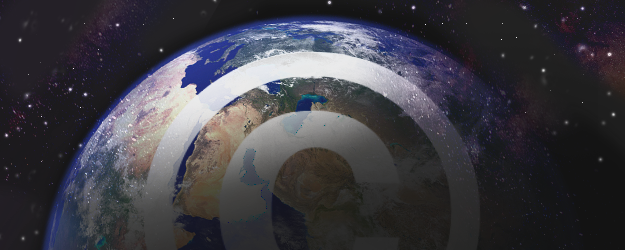
Many Internet users assume that the Web is one giant all-you-can-eat smorgasbord. People assume that because we were sharing all these ideas and pictures and videos with each other, it means those creators gave up any and all rights to that content.
This has never been true, but the past few weeks have provided some painful lessons in copyright ownership.
Instagram’s user base revolted over a poorly worded (or nefarious, depending on your level of cynicism) update to the site’s terms of service. The terms implied that Instagram would hold the copyright on any photos uploaded to the sharing service, and that they could be used by Instagram in advertising without notice or compensation. The resulting outcry led to furious backpedaling by Instagram and swift assurances that no, users still own the copyright to their own photos.
On Facebook, users started posting updates with impressive legal-sounding jargon that told someone (Facebook? The US government? It wasn’t clear) that they were the exclusive copyright holders of all content posting and it could not be used for unauthorized purposes. Never mind that just by joining Facebook, you’ve already agreed that they own a “a non-exclusive, transferable, sub-licensable, royalty-free, worldwide license to use any IP content that you post on or in connection with Facebook.” Sure, you own the copyright, but they own licensing rights, so it washes out to about the same thing.
Finally, venerable ladies’ magazine Redbook was accused by craft blog EPBOT of recreating her popular Pinterest pin and publishing it in their January issue without attribution or compensation. Because they did not use the exact photo of the craft, they’re legally in the right. Morally, it’s a gray area at best, but Redbook did the right thing.
What does all this mean for you as a small business? Two things. The first is that the Internet is not your smorgasbord. Every week, we still have customers who are shocked when we tell them you cannot simply do a Google Image Search and download and then use any pictures you like. Every one of those pictures is covered by copyright, and by using them, you’re not only stealing someone else’s work, you’re also opening yourself to fines, fees and litigation. You don’t want to do that.
If you see a picture you like, take the steps of either purchasing the photo or emailing the copyright holder and asking if you can use the photo with attribution. You’ll be surprised how often they’ll agree. Remember, the same goes for written content–do not take blog posts or other information without attribution. Again, it’s morally wrong and it won’t help you in search rankings. There’s no reason to do it.
Second, as a user, you need to think carefully about what you’re doing when you upload a piece of content to any social network. Most sites have provisions like Facebook’s. Even if the sites do not technically own the copyright to your material, they can still use it however they see fit without paying you a dime. This matters when you’re talking about a great video, photo or even text post.
Does this mean you should stop posting on these networks? No, of course not. What it does mean is that you should be aware of the risks and always, always keep your own website as your home base. There, you can be assured you own the content and all associated licenses. You can then choose what to share elsewhere–what rights you’re willing to relinquish and what you want to keep and sell yourself. You have the power.
Don’t be afraid of using social media; just be smart about it and you’ll be fine.
photo credit: NASA Goddard Photo and Video via photopin cc
